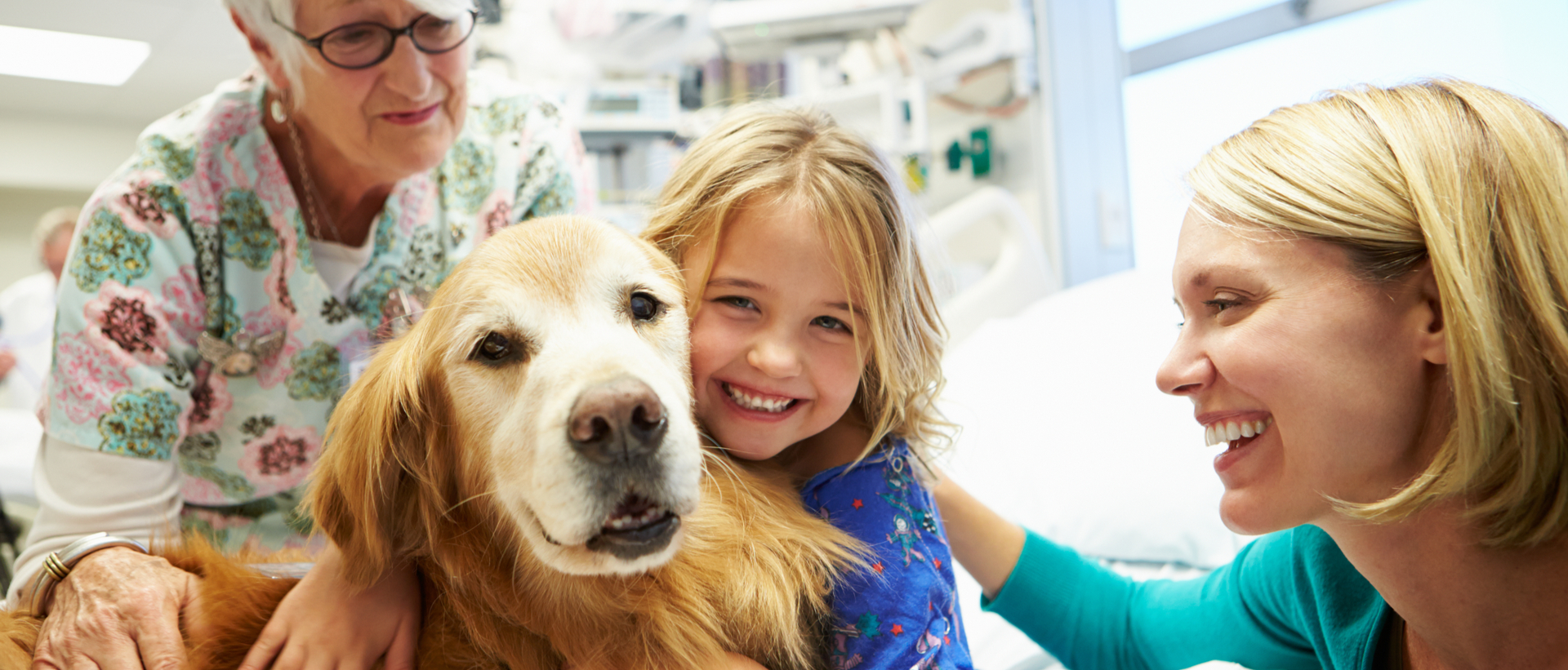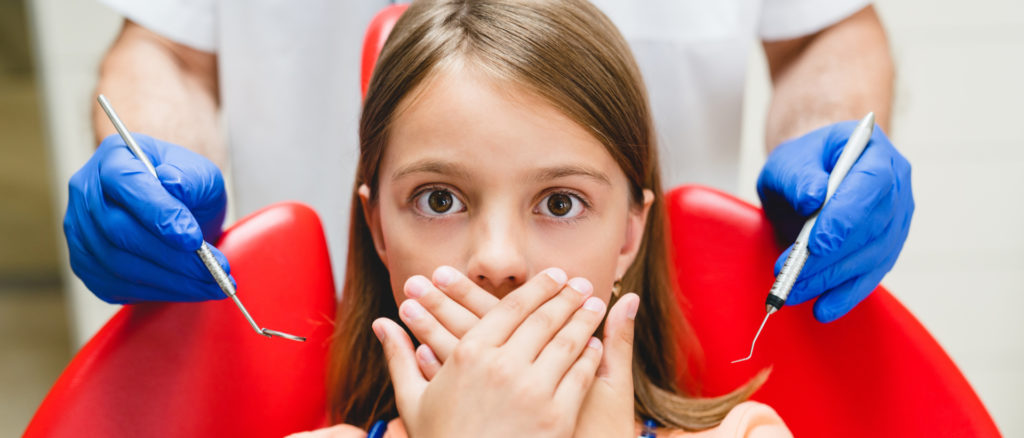 31 Aug 2022
31 Aug 2022
A new study suggests that animal therapy can help to reduce dental anxiety in children.
The study, which has been published in the European Archives of Paediatric Dentistry, shows that animal-assisted therapy can help to make anxious patients feel calmer and more relaxed.
Statistics indicate that globally, up to 20% of children experience dental anxiety or fear. In the UK, 14% of 12-year-olds and 10% of 15-year-olds reported high levels of anxiety when going to the dentist.
As part of the study, the research team assessed more than 100 children aged between 5 and 10 years old. The group was split into two. The first group, Group A, underwent dental treatment in the company of a therapy dog. The second group, Group B, had treatment in the traditional way.
The team monitored pulse rates and used anxiety rating scales to determine levels of anxiety in both groups. The findings of the study revealed that anxiety levels were significantly higher in Group B, the children who did not have a therapy dog in the room with them during their procedure.
Therapy dogs have become increasingly common in the US in health and dental care settings and many dentists, particularly those who provide treatment for children, find that having a dog in the practice helps to induce calm and distract patients from the procedure.
There are therapy animals working in various settings in the UK and this is a trend that may become more common in the future. Therapy dogs are trained to work in healthcare settings and they are used to human contact.
Tooth decay is currently the most common cause of hospital admissions among children in the UK. One of the possible causes of high rates of decay is avoiding regular dental appointments.
For children who feel nervous about going to the dentist, visiting a practice with a therapy dog could help to eliminate dental fear and make the prospect of having treatment less daunting.




